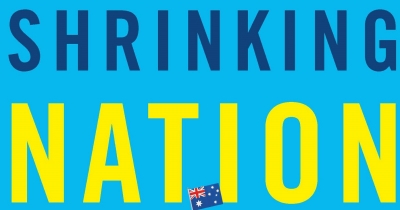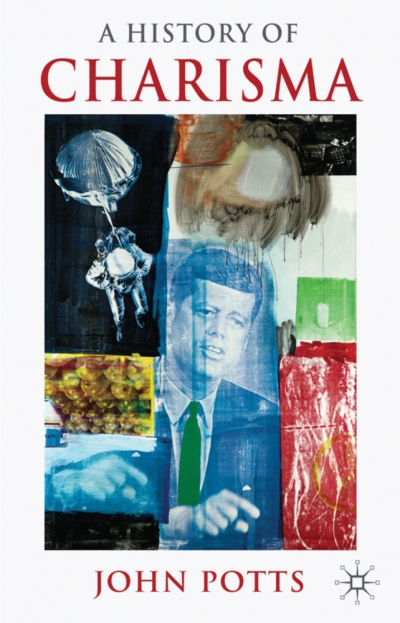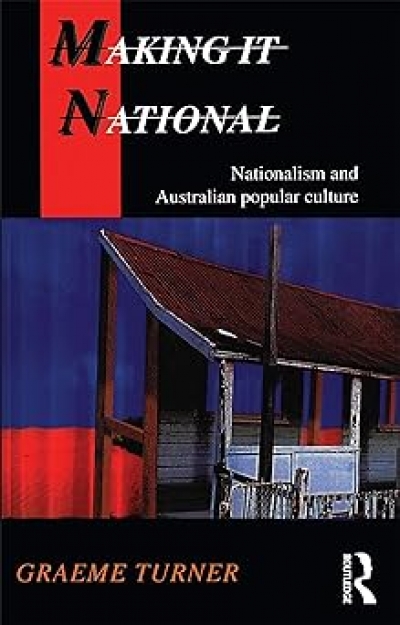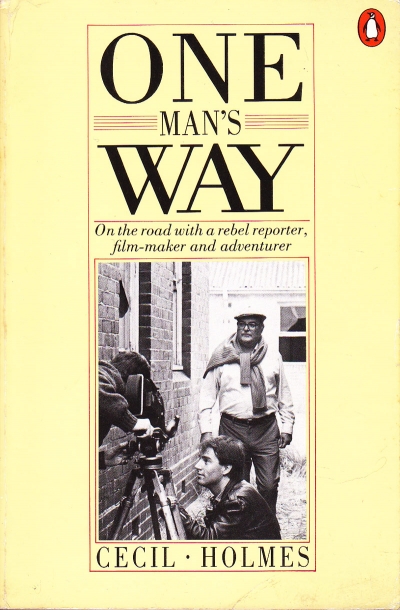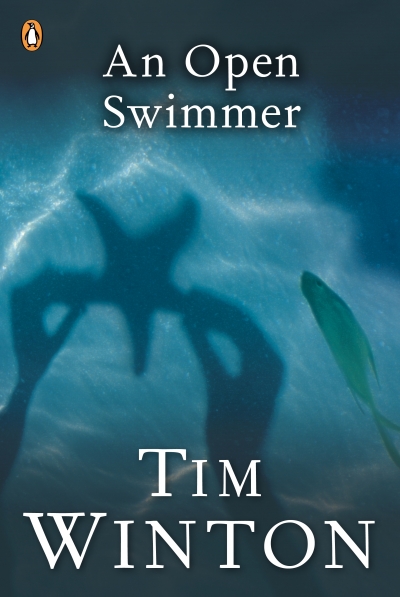Graeme Turner
On this week’s ABR Podcast historian Zora Simic reviews Graeme Turner’s new book, The Shrinking Nation: How we got here and what can be done about it. Simic argues that state-of-the-nation books ‘can capture the Zeitgeist, but always run the risk of being outrun by history itself’. Zora Simic is a Senior Lecturer in History and Gender Studies at the University of New South Wales and a regular reviewer for ABR. Listen to Simic’s ‘Capturing the mood: A new addition to a tricky genre’, published in the October issue of ABR.
... (read more)The Shrinking Nation: How we got here and what can be done about it by Graeme Turner
by Zora Simic •
Jonestown: The power and the myth of Alan Jones by Chris Masters
by Graeme Turner •
Making it National: Nationalism and Australian Popular Culture by Graeme Turner
by Michael McGirr •


